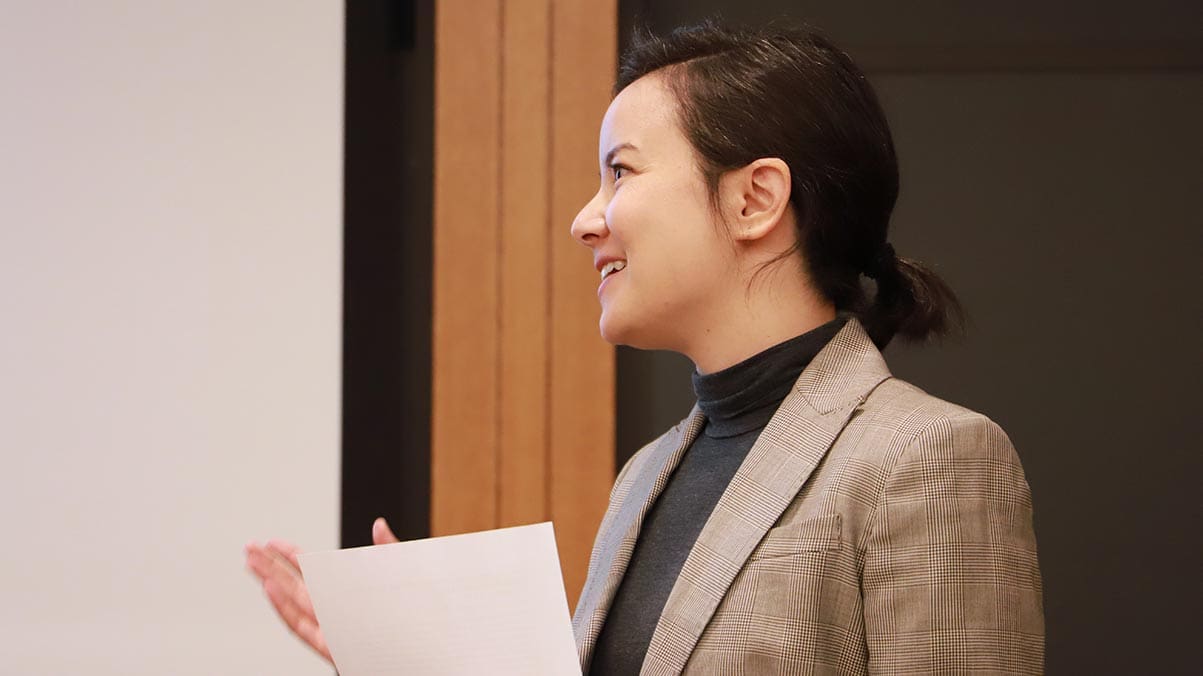ofCourse Scheduling: Emily, can you describe your school?
Emily: The Joan B. Kroc School of Peace Studies is the first standalone Peace Studies school in the U.S. We offer three master’s degree programs and a dual degree JD/MA with the University of San Diego’s law school. Our majors are Peace and Justice, Social Innovation, and Conflict Management and Resolution.
ofCourse: What’s your role there?
Emily: I am responsible for the strategic enrollment management cycle from recruiting to alumni. I work closely with faculty on curriculum management and assessment and developing new courses and programs. I also maintain my own research agenda and teaching on human rights. And of course, I am responsible for academic scheduling.
ofCourse: So how did you wind up becoming the schedule-maker?
Emily: As the assistant dean responsible for academic affairs in a relatively small school, the scheduling naturally falls in my purview. In my role, I have a panoptic view of the school’s operations, and faculty and student needs. I can understand all of the variables and competing interests that have to be balanced when scheduling.
ofCourse: What’s the hardest part of scheduling?
Emily: Balancing competing priorities is the most difficult part of scheduling. Student needs and their academic progression are the organizing principle. My colleagues are committed to this, which makes the job easier!
ofCourse: What’s been different about making the schedule during Covid-19?
Emily: With Covid-19, everyone in the school, from the top leadership to new students, has to be more adaptable than ever before. For each term, we have created multiple plans for the schedule in case in-person or hybrid delivery is possible. We all want to be back together on campus, but we must prioritize the health and safety of our community. Communication about the schedule has also grown in importance, as we need to make sure that each person understands what we are doing and why.
ofCourse: What’s one piece of advice you have for someone just starting as a schedule-maker?
Emily: Make sure you map the different academic pathways that need to be accommodated and keep checking the schedule against these. Vet your enrollment projections with colleagues who have an understanding of the needs and trends. Flag the courses that may be at risk for low-enrollment or in high demand and have back-up plans in place.
ofCourse: Do you enjoy making the course schedule?
Emily: I enjoy creating order out of chaos, so even if it can be stressful, making the course schedule is actually quite a satisfying job. I am grateful to be in a service role that allows me to remove obstacles for students so they can just focus on learning. Scheduling enables me to do this.
